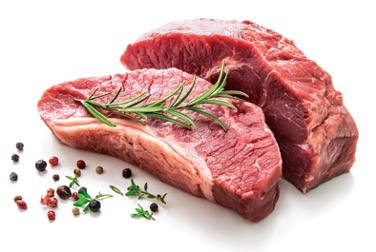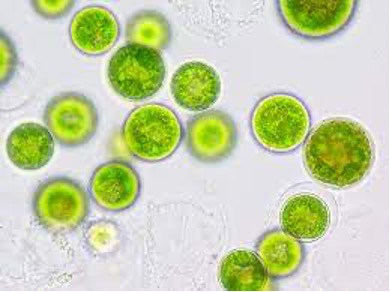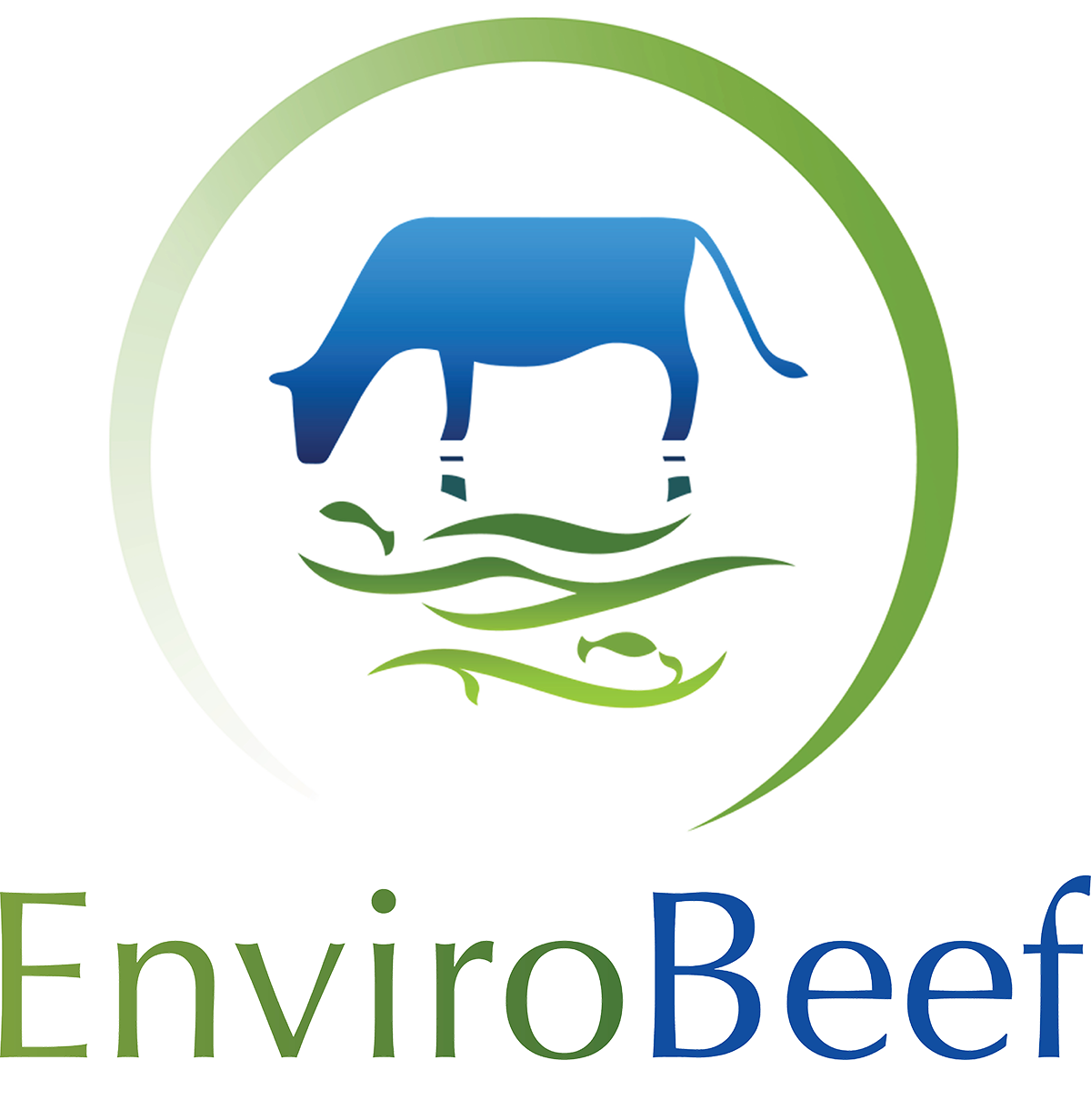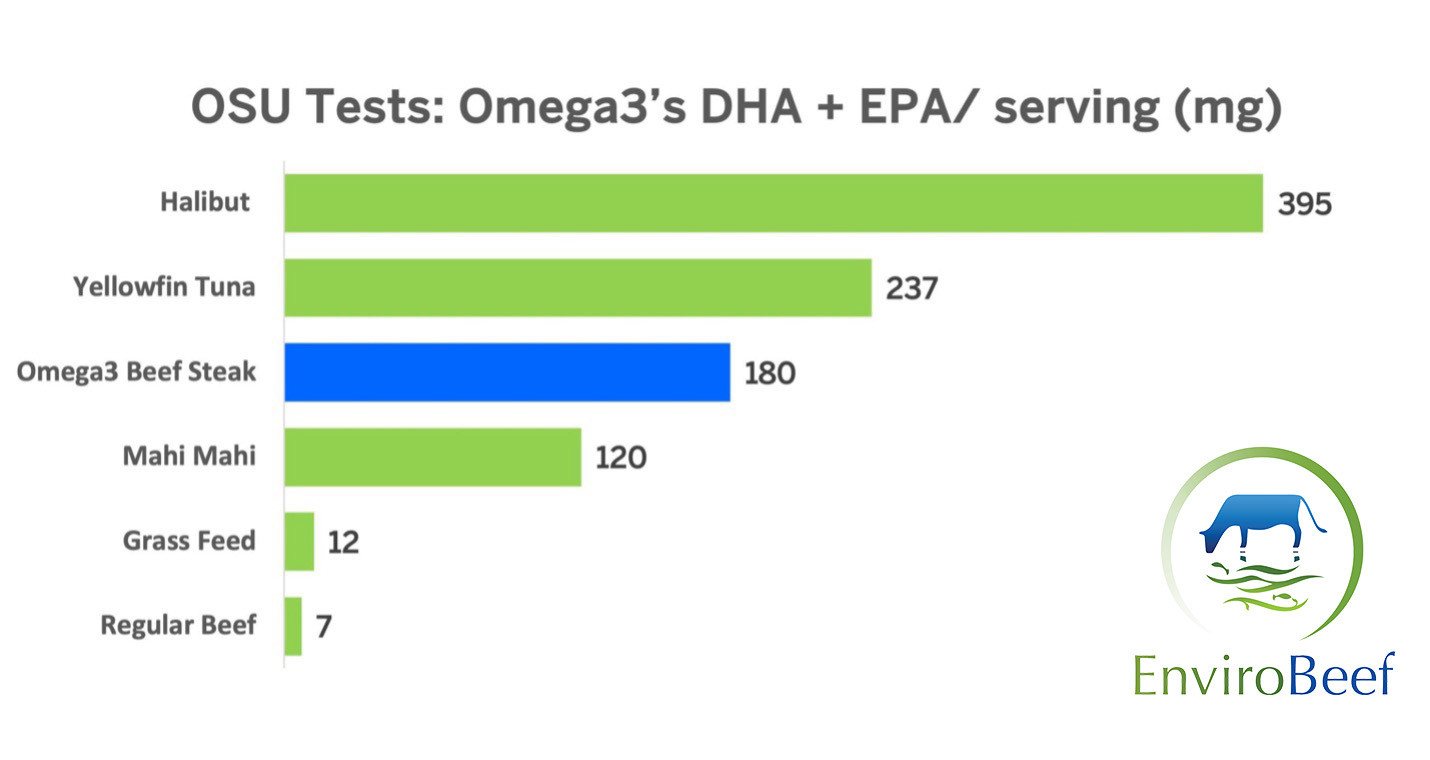Great news for people who love beef and want to combat climate change.
Better Beef for Beef Lovers
and a Healthier World

Our #1 goal: Reducing methane emissions from cattle.
Many people want to limit cattle production because cattle contribute so much climate change gases. And many people are limiting their beef consumption or eating veggie burgers to address health concerns. We have a better idea: reduce the cattle’s burping methane by feeding the cattle a daily seaweed ingredient and improve the nutrition of beef with a new cattle feed ingredient to produce beef with healthy omega-3s. We call it EnviroBeef.
We’re on a mission to improve the cattle feeding industry by supplying anti-methane seaweed to cattle growers, and to improve the beef industry, keeping the same wonderful taste of traditional beef, and making it healthy for our hearts, brains, and eyes. The omega-3s also improve mental health by reducing depression.
Grow cattle in the pasture and in the feedyard without the cattle burping methane.
All dairy and beef cattle together contribute as much to climate change by burping methane as all cars do by emitting CO2. We don’t want to eliminate the cattle; we want to eliminate their burping methane. Scientists have recently demonstrated that daily feeding cattle a small amount of asparagopsis prevents the formation of methane in their stomachs. And now there are nine new companies starting commercial production of anti-methane seaweed (asparagopsis) for use as a cattle feed supplement. We will buy the powdered asparagopsis from them and mix it with our omega-3 microalgae.
When adding about 2 ounces of anti-methane seaweed a day to a normal 30 pound cattle feed ration, the cattle burp 90 to 98 % less methane, according to recent studies by Kinley ; Roque ; and the literature review by the asparagopsis producer Symbrosia .

The Mayo Clinic reports strong scientific evidence that omega 3’s DHA and EPA reduce heart disease.
Our #2 goal: making beef more nutritious and helpful for our heart, brain, and eyes.
Several years back, our founder Don Smith was on his ranch in Oklahoma, talking with animal science professors from Cornell and Oklahoma State Universities about cattle and beef…. and about heart health. Consumers were eating less beef and more chicken and were bored by it. They were also eating fish — because the omega-3’s in fish like salmon and halibut were good for heart health. Hearing from the professors how grass-fed cattle could produce beef with very low levels of omega 3’s naturally, Don thought:

Turns out … great idea. In fact, we’ve now completed testing and patenting our method of feeding omega-3 microalgae (Schizochytrium) to cattle at two major universities, and at commercial feed yards with great success.
The cattle are healthier … and the beef contains omega-3s like ocean fish. In American diets, the average adult consumes only about 90 mg of EPA and DHA per day while the average child consumes only about 50 mg of EPA and DHA per day, according to the latest USDA-CDC survey data from What We Eat in America, NHANES (2017-March 2020 Prepandemic) . About 250 mg a day is optimal for adult human health as referenced by Mozaffarian and colleagues which creates a daily deficiency of 160 mg.
As shown in the graph below, in tests done for us by Oklahoma State University (OSU), the level of omega-3s DHA plus EPA in an 8 oz. helping of EnviroBeef ribeye steak or two quarter pound burgers, total about 180 mg, which makes up the daily deficiency in our diets. In comparison the levels of DHA plus EPA in regular beef is only 7mg and in grass-fed beef is only 12 mg in an 8 oz. serving. In comparison, for a typical 3.5 oz. serving of fish, the omega-3 levels are 395mg for halibut, 237 mg for tuna and 120 mg for Mahi.

Our Company combining two companies.
Recently Don Smith founded a company (CH4Beef) in Oklahoma to gather scientific proof that feeding anti-methane seaweed to cattle practically eliminates their burping of methane. The company established relationships with the new producers of the seaweed…from Australia, New Zealand, Sweden, Hawaii, California, and Canada. The company’s scientists developed protocols for the combined feeding of the seaweed and the omega-3 microalgae to cattle economically.
Several years ago Don Smith founded in Oklahoma the Omega 3 Beef Company (O3B) which found suitable microalgae from the ocean, which contained high levels of omega-3s (DHA and EPA), to grow on land economically and to feed to cattle. After years of trial and error, O3B developed protocols for feeding a species of microalgae, which is produced now by others in Brazil, Nebraska, and England, to feed to cattle. Don and his team at O3B tested the feed protocols to prove the omega-3 levels in a typical serving of steaks and burgers were comparable to a serving of high-quality ocean fish like tuna, halibut, and Mahi.
Recently Don Smith founded the EnviroBeef Company also in Oklahoma. All the patented microalgae feeding protocols, etc., which were in O3B, and all the assets which were in Don’s other company were combined and were put into EnviroBeef Company. The company functions as the two companies previously functioned separately. EnviroBeef Co. can market simultaneously the vision of reducing climate change emissions from cattle, and the value of producing healthy omega-3s in beef. And EnviroBeef Co. can sell the two feed ingredients to feed yards and to grass fed cattle operations with the same marketing and sales teams.

